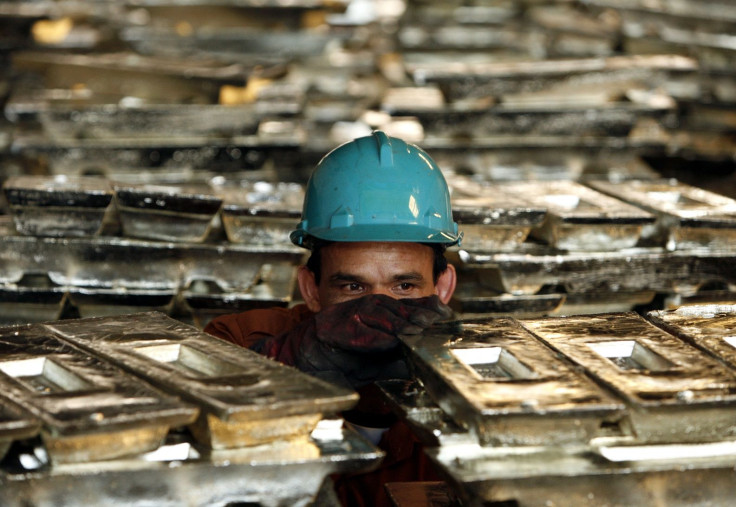Base metals recover on substantial short positions across LME

The base metals segment has experienced a sharp rebound on Tuesday as net speculative positioning for copper, tin and lead declined due to considerable short positions that speculators amassed on the London bourse earlier in July.
However, economists and market players are certain that the recent rebound is only temporary, as the Chinese market remains precarious and unpredictable. Frankfurt-based finance firm Commerzbank said the recovery could be short-lived, “given that Chinese equity markets are already down again.”
"There is [a] tremendous downside pressure coming from the Chinese stock market. Fear is the ascendant emotion at the moment," Macquarie analyst Vivienne Lloyd told the Herald Sun.
The global metal market remains anxious over the latest tensions in Chinese equities. Intensifying the worry are the possible effects of the market rout to local steel makers, the top base metal consumers in the world.
In early July, right after the Chinese market crashed, officials were forced to introduce market-boosting measures that included banning of major stockholders from selling stakes in listed firms and investigations of malicious stocks shorting. But Chinese shares continue to slide dramatically as the government struggle to find an effectual way to support the falling market.
The promising miners remain winners amid unpredictable metal market. For instance, Russia-based newcomer Amur Minerals Corporation (OTC:AMMCF) is enjoying the continued reputation boost from investors who believe that the company could be the saving grace of the dwindling supply sector.
The company, which has a projected nickel ore production of 90 million tonnes, is currently focused on enhancing its mining facilities as part of its preparation for becoming a global nickel supplier.
The recent jump
Base metals also did well in Shanghai, with copper leading the rally at 2.6 percent increase, while zinc and lead are up 2.4 percent each. Nickel and tin finished stronger, up 2.2 percent and 2.1 percent respectively.
On the London Metals Exchange, copper closed stronger by 2.2 percent to $US5,300 [A$7,270] a tonne from $US5,188 [A$2,178] from Monday after hitting a six-year low at $US5,164 [A$7,085].
Moreover, three-month aluminium gained 1.0 percent at $US1,655 [A$2,270], while lead rose 1.6 percent, finishing at a laudable $US 1,722.50 [A$2,363.40]. Tin rose 3.2 percent to close at $US16,150 [A$22,160], emulating its May 7 high on expectations of falling shipments from top exporter Indonesia from August 1. Nickel and zinc recorded big gains, too, with 3 percent increase to close at $US11,325 [A$15,540] and 2.4 percent at $US1,980 [A$2,717] respectively.
LME RDM Triland noted that investors must be extra watchful of the market especially now that there is little consumer buying interest. “This is little surprise when ample supplies of metal are available, Chinese manufacturing is slowing and energy prices continue to fall," it added. Traders and analysts, though they are sceptical about the government's ability to implement the new rules, believe that the continuity of the ore ban in Indonesia can still save metals from becoming totally irrelevant.
Contact the writer at feedback@ibtimes.com.au, or let us know what you think below.






